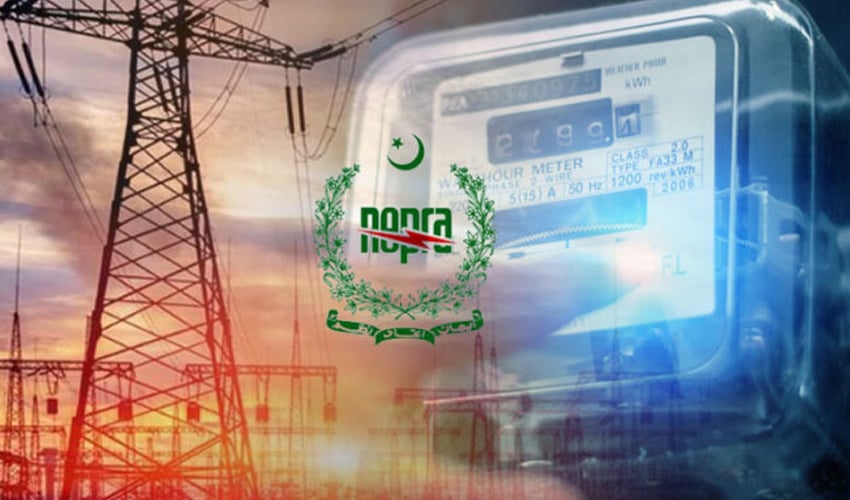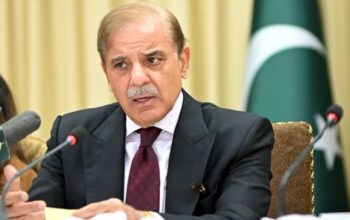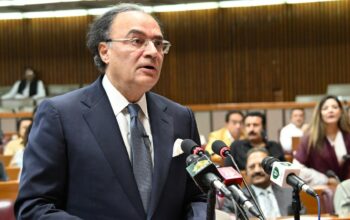By Staff Reporter
ISLAMABAD: Pakistan’s energy regulator slashed the base power tariff by Rs1.49 per unit for the next fiscal year, offering limited relief to consumers grappling with rising electricity costs.
The National Electric Power Regulatory Authority (Nepra) has sent the proposal to the federal government for approval, with implementation targeted for July 1.
“Nepra has finalised a reduction of Rs1.49 per unit in the base tariff,” a Nepra spokesman said. “The proposal is now with the federal government.”
The move follows last month’s government push to revise the base electricity tariff for fiscal year 2025-26, though expectations of substantial relief were tempered. Authorities had floated seven scenarios, projecting reductions ranging from a meager 30 paise to a maximum of Rs2.25 per unit. Only under an optimistic scenario, with the exchange rate holding steady at Rs280 to the dollar, would the average base tariff fall by Rs2.25 per unit, dropping to Rs24.75 from the current Rs27 per unit.
A more likely outcome, with the local currency weakening to Rs300, would limit the cut to about 30 paise per unit, a reduction tied largely to lower capacity payments to power producers. Pakistan’s volatile exchange rate remains a pivotal factor in determining the final cost to consumers.
The base tariff is just one piece of the puzzle. The average Power Purchase Price (PPP) will sit atop a fuel cost ranging from Rs8.16 to Rs9.52 per unit, pushing the total electricity price to between Rs34 and Rs35 per unit. That figure excludes additional taxes, fees, duties, and surcharges that typically inflate consumer bills.
Electricity demand is expected to climb by three to five percent next year, but that growth hinges on the exchange rate staying at Rs280.
In six of the seven scenarios outlined, the rate is pegged at Rs300, reflecting a cautious outlook. The projections also factor in a 2% US inflation rate, 8.65% inflation in Pakistan, an 11.9% Karachi Interbank Offered Rate, a 4.07% international interest rate, and transmission losses of 2.80%.
The Nepra determination now heads to the federal cabinet, where approval and subsidy allocations will be hashed out. From there, the power division will submit a detailed tariff table to Nepra, adjusting subsidies for various consumer categories and slabs. The final notification, set for July 1, aligns with commitments made to the International Monetary Fund, signaling Pakistan’s intent to balance fiscal discipline with consumer relief.
For now, the Rs1.49 per unit cut offers a glimmer of hope, though its impact may be muted by currency fluctuations and the hefty add-ons that define Pakistan’s power pricing.
Copyright © 2021 Independent Pakistan | All rights reserved




